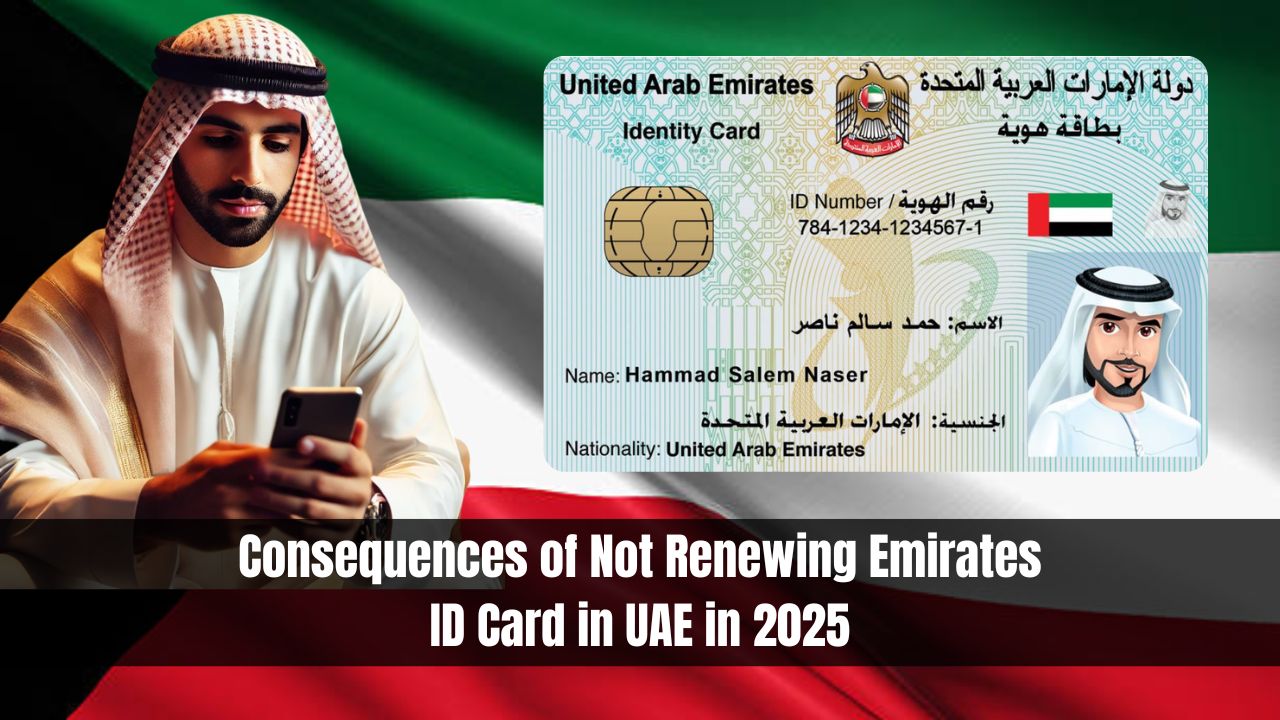What Are The Different Types of Emirates ID? The Emirates ID is an essential document for residents and citizens of the United Arab Emirates (UAE). Issued by the Federal Authority for Identity, Citizenship, Customs, and Port Security (ICP), this ID card is mandatory for all UAE residents and serves as proof of identity. The Emirates ID is divided into three main categories based on the type of residence: Citizen ID card, GCC ID card, and Expat ID card. Understanding these different types of Emirates ID can help you identify which category you fall into and the benefits associated with each type.
What Are The Different Types of Emirates ID?
1. Citizen ID Card
The Citizen ID card is exclusively issued to UAE nationals. It serves as a critical identity document, facilitating various government and private transactions. UAE nationals use their Citizen ID cards for a wide range of purposes, including:
- Government Services: Accessing healthcare, education, and other public services.
- Travel: Used as a travel document within the GCC countries.
- Voting: Participating in elections and other civic duties.
- Banking: Opening bank accounts and carrying out financial transactions.
2. GCC ID Card
The GCC ID card is designed for nationals of the Gulf Cooperation Council (GCC) countries residing in the UAE. These countries include Saudi Arabia, Kuwait, Bahrain, Qatar, and Oman. The GCC ID card provides similar benefits to the Citizen ID card but is tailored for GCC nationals. Key uses of the GCC ID card include:
- Residency Verification: Proof of legal residency in the UAE.
- Government Services: Access to public services and facilities.
- Employment: Verification of employment status and work permits.
- Travel: Facilitates travel within GCC countries.
3. Expat ID Card
The Expat ID card is issued to expatriate residents living in the UAE. This card is crucial for non-UAE and non-GCC nationals, as it is required for various official processes. The Expat ID card serves multiple functions, such as:
- Residency Proof: Validates legal residency in the UAE.
- Employment Verification: Required for work permit applications and renewals.
- Access to Services: Enables access to healthcare, education, and other public services.
- Banking and Financial Transactions: Necessary for opening bank accounts and conducting financial operations.
- Travel: Used for identification during travel within the UAE and sometimes for regional travel.
How to Apply for an Emirates ID
Applying for an Emirates ID involves several steps, regardless of the type. Here’s a brief overview of the application process:
- Prepare Required Documents: Gather necessary documents, such as passport, visa, and a completed application form.
- Submit Application: Apply through the ICP’s website or at an authorized typing center.
- Biometric Data: Visit an ICP service center to provide biometric data (fingerprints, photograph).
- Receive ID Card: Once processed, you will receive a notification to collect your Emirates ID from the designated post office.
Importance of the Emirates ID
The Emirates ID is more than just an identification card; it is a vital part of life in the UAE. It integrates seamlessly with various government systems, making it easier for residents and citizens to access services, engage in transactions, and comply with legal requirements. Ensuring you have the correct type of Emirates ID based on your residency status is essential for smooth living and working in the UAE.
Conclusion
Understanding the different types of Emirates ID—Citizen ID card, GCC ID card, and Expat ID card—is crucial for all residents and nationals in the UAE. Each type caters to specific categories of residents, ensuring they can access necessary services and benefits. Whether you are a UAE national, a GCC national, or an expatriate, having your Emirates ID is indispensable for your daily activities and legal compliance in the UAE.









